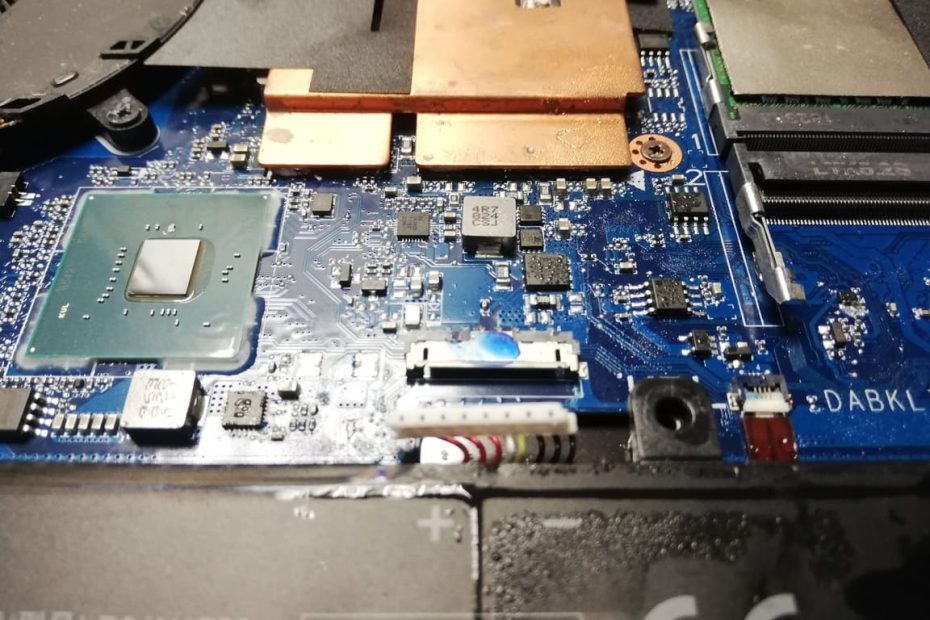Assessing the complexity of the repair
Some computer repair tasks are quite simple and require only basic knowledge and skills, such as replacing the battery, upgrading the RAM or cleaning the fan. However, there are also more complex repairs that involve delicate or intricate actions such as soldering, reflowing or replacing the motherboard, screen or keyboard. If you don't have the confidence or experience to carry out these types of repairs, you could do more harm than good to your computer. You should therefore assess your skill level and the complexity of the repair before proceeding.
Risk of damage
Another factor to consider is the risk of damage to your computer or yourself during the repair. Some repairs may expose you to the risk of being electrocuted, or to physical hazards such as sharp edges or broken glass. You should always observe safety rules and wear protective equipment during repairs. In addition, some repairs can damage your computer's components or data, for example, by breaking a cable connector, causing a short circuit or erasing information on your hard drive. You should always keep a backup copy of your data and test your computer before and after repairs. If the risk of damage is too high, you may want to leave the repair work to a professional.
Price of parts
The cost of parts is another factor that may influence your decision whether or not to repair your computer. Some parts are relatively cheap and easy to find, such as wires, adapters or screws. However, some parts are more expensive and scarcer, such as processors, graphics cards or touchscreens. You may have to order them online or from a specialised supplier, which can be time-consuming and costly. You should also compare the cost of the parts with the value of your computer and the cost of a new or refurbished computer. If the cost of the parts is too high, you may want to consider buying a new or refurbished computer rather than repairing your old one.
Availability of tools
The availability of tools is a factor that can affect your ability to carry out repairs. For some repairs, basic tools such as screwdrivers, lifting tools or a cleaning cloth are sufficient. However, other repairs require more advanced or specialised tools such as a soldering lamp, hot air gun or multimeter. You may not have these tools at home or in your workplace and may need to buy or borrow them from someone else. You should also make sure that you have the right tools for the model and part of your particular computer, as they may vary in size, shape or compatibility. If you do not have the right tools or access to them, it may be worth seeking professional help.

